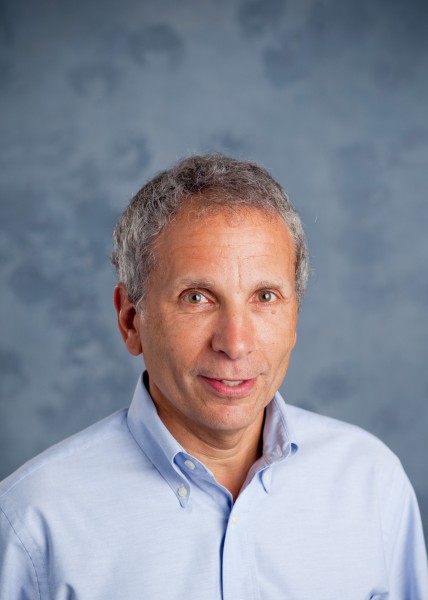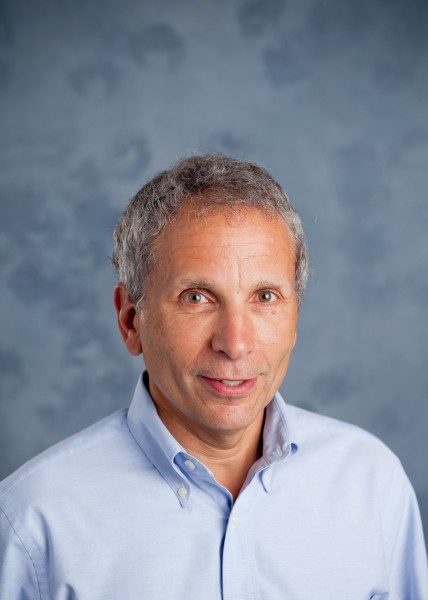
08 Dec To Your Health: Understanding Colorectal Cancer
Part-time Telluride local, Dr. Alan Safdi, is a world-renowned internist and gastroenterologist with encyclopedic knowledge of mind-body wellness and preventative medicine. He posts regularly on Telluride Inside… and Out under the banner of “To Your Health.” His blogs feature the most current information in his fields: health, wellness and longevity.
Links to Dr. Alan’s podcasts and narratives on COVID-19 are here.
This week, Dr. Alan talks in depth about understanding colorectal cancer, the #2 killer in the US. And yet preventable.
In podcast #1 Dr. Alan discusses types of screening tests for colon cancer: colonoscopy, CT colonography, and stool DNA. And when do we stop doing colon cancer screening?
In podcast #2 Dr. Alan discusses risk factors, genetics, ethnicity, lifestyle.

Colorectal cancer, additional info:
• Colorectal cancer is the number 2 cause of cancer death in the United States and affects both men and women.
• It is also one cancer that can be prevented, more preventable than breast or prostate cancer.
• Usually starts in a benign growth – a polyp – that arises from the innermost layer of the colon which is called the mucosa. If cells spread into the first layer below the mucosa (called the submucosa) then cancer is present.
• A polyp is a warty growth on the inner lining of the colon. Polyps come in different shapes.
• Polyps are usually benign (have not yet turned into cancer).
• Polyps that can turn into cancer are called adenomas; again, not all polyps are adenomas.
• Polyps can be removed during a colonoscopy.
• Removal of polyps can prevent the development of colorectal cancer
• Colonoscopy is the only procedure that allows both identification and removal of polyps (called polypectomy).
• Removal of polyps prevents up to 90% of colorectal cancers and with appropriate follow-up the chance of death from colorectal cancer is reduced by even more.
• Lifetime risk of colorectal cancer is 1 in 20.
• Colorectal cancer is most common after age 50, but it can strike at younger ages.
• EVERYONE is at risk if they live long enough – the most important risk factor is AGE.
• Other risk factors include family history, family history of adenomas, cigarette smoking, obesity, gallbladder removal, physical inactivity. Also abdominal radiation; cancer of the uterus or ovaries before 50; ulcerative colitis or Crohn’s colitis; African American race.
• Most early colorectal cancers produce no symptoms. This is why screening for colorectal cancer is so important.
• Possible symptoms include new onset of abdominal pain, blood in stool or change in stool shape, change in bowel habit.
• Waiting to get checked for symptoms is not advised. Half of those who are diagnosed after symptoms develop will die from cancer, which is why screening is so important.
• Screening means getting checked even when you have no symptoms.
• Screening for colorectal cancer is much more effective than screening for breast cancer or prostate cancer.
Dr. Alan, more:

Dr. Alan Safdi is board-certified in Internal Medicine and in Gastroenterology and is a Fellow of the American College of Gastroenterology. A proven leader in the healthcare arena, he has been featured on the national program, “Medical Crossfire” and authored or co-authored numerous medical articles and abstracts. Safdi has been involved in grant-based and clinical research for four decades and is passionate about disease prevention and wellness, not just fixing what has gone wrong. He is an international lecturer on the subjects of wellness, nutrition and gastroenterology.


Sorry, the comment form is closed at this time.